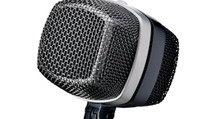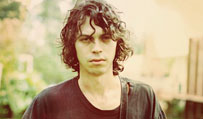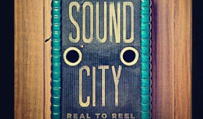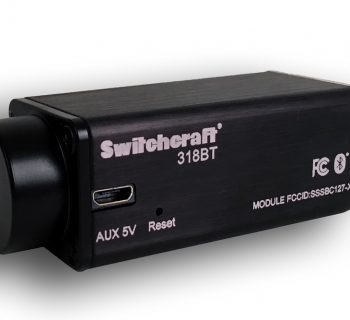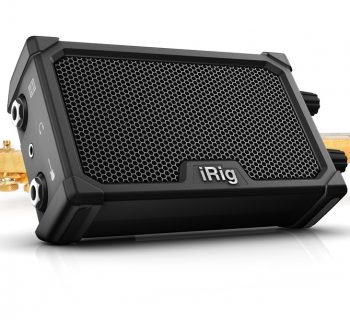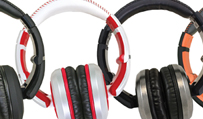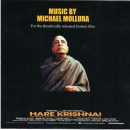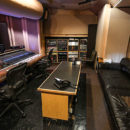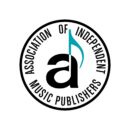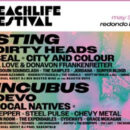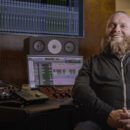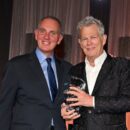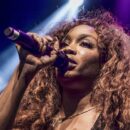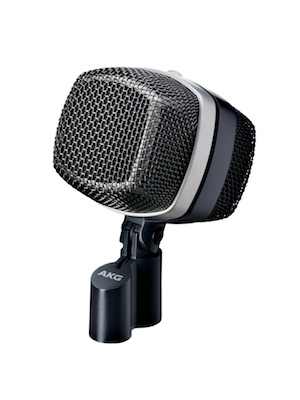 During the 1950s and ‘60s, the original AKG D12 was a popular announcer’s mic for radio and later television broadcast studios all over the world—almost a standard. So it was probably a fortuitous accident that a recording engineer first tried it on a kick drum.
During the 1950s and ‘60s, the original AKG D12 was a popular announcer’s mic for radio and later television broadcast studios all over the world—almost a standard. So it was probably a fortuitous accident that a recording engineer first tried it on a kick drum.
AKG’s newly designed D12 VR large-diaphragm cardioid microphone is intended specifically for kick drum recording. It is unique; it has three alternative operating modes (sounds) by way of a switchable active analog filter built into the microphone’s body. In standard dynamic microphone mode (without phantom powering) the original output transformer from the AKG 414 condenser microphone is in circuit and the electronics are bypassed and do not affect the sound or the mic’s operation. This is the best example of a vintage AKG D12 dynamic microphone and the mic’s thin, low mass diaphragm does a good job of capturing the loud transient, attack of the pedal beater hitting any kick drum.
With phantom power on, having three other built-in response curves instantly makes the process of getting just the right bass drum sound faster, with less additional signal processing and with a lot less hassle. Four different sounds open up the mic’s use for many more applications—I’ve already gotten great results up close to bass guitar amps, toms and loud singers/rappers. The mic is rugged and I like the three, lighted filter switch positions (red, green, blue) my assistant switches through while I listen and enjoy in the control room.
I’m getting back into using dynamic microphones more and more nowadays—especially around super loud sources and the AKG D12 VR greatly expands the range of possible by way one of the best new mircophone ideas I’ve seen in a long time. The AKG D12 VR sells for $499 MSRP. For more information about AKG, visit http://akg.com.
By Barry Rudolph
miniBIO: Barry Rudolph is a recording engineer/mixer with over 30 gold and platinum RIAA awards to his credit. He has recorded and/or mixed: Lynyrd Skynyrd, Hall & Oates, Pat Benatar, Rod Stewart, the Corrs and Robbie Nevil. Barry has his own futuristic music mixing facility and also teaches recording engineering at Musician’s Institute, Hollywood, CA. http://www.barryrudolph.com

